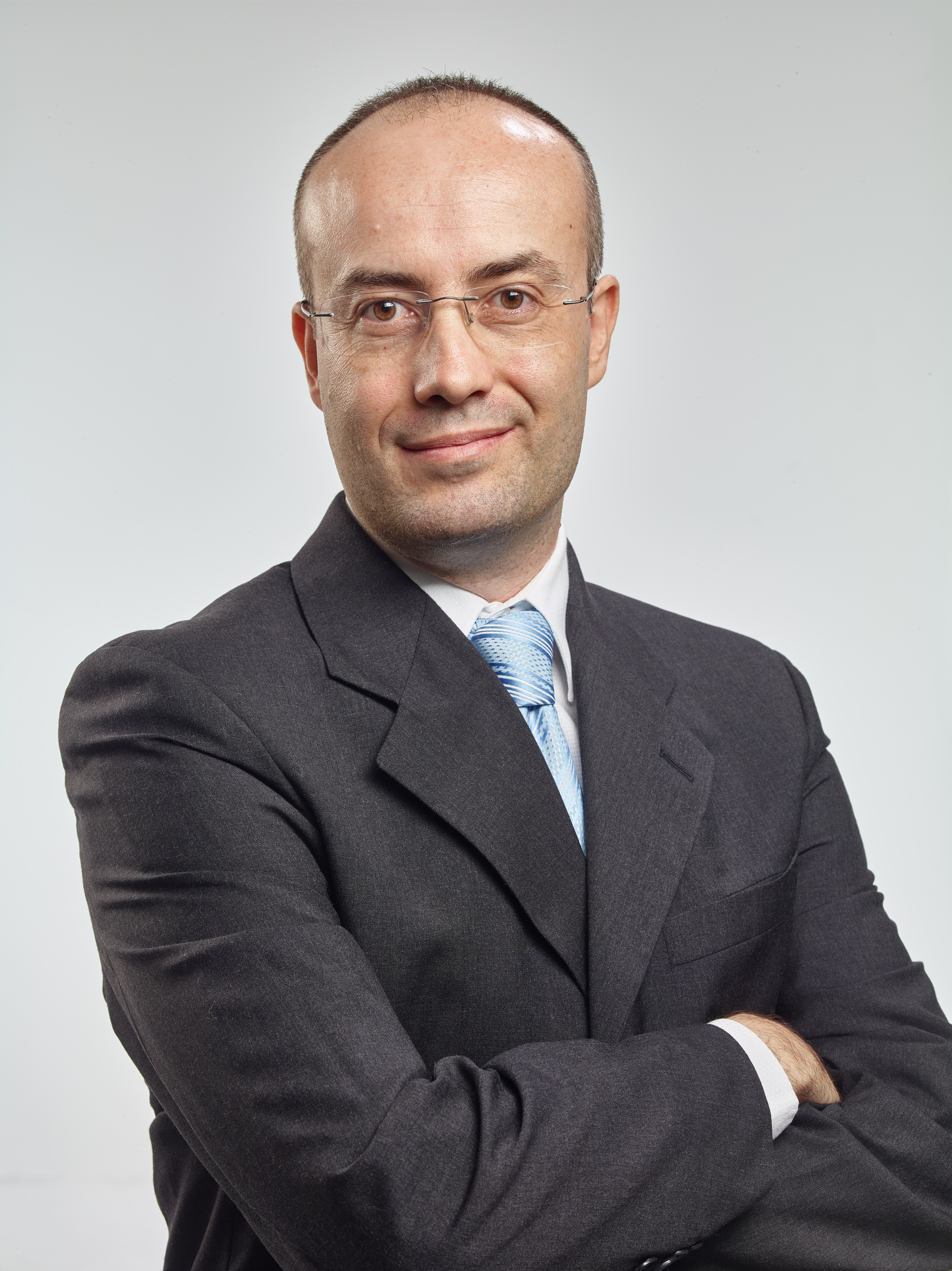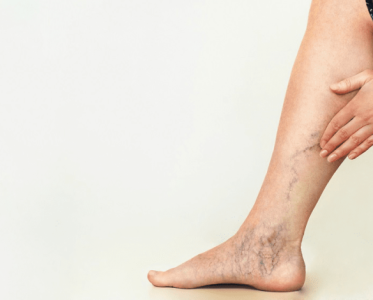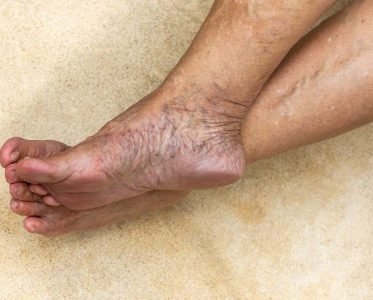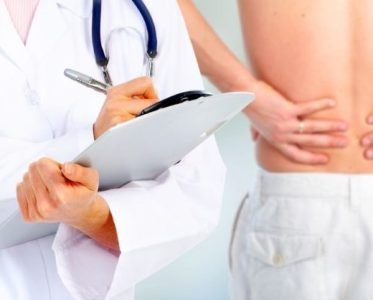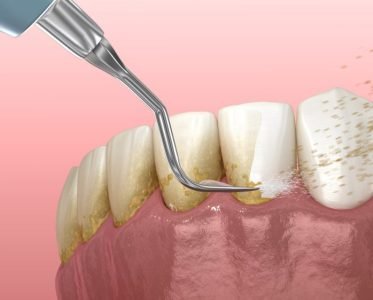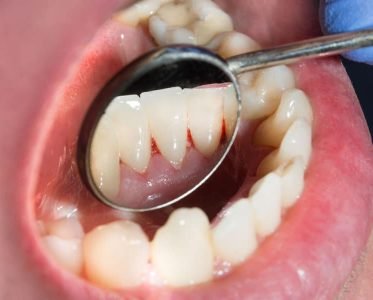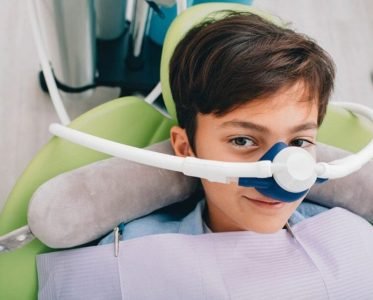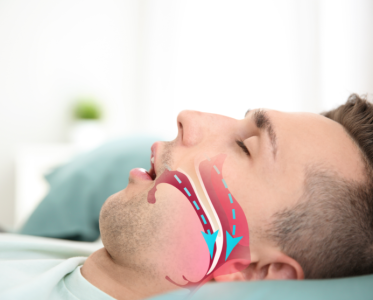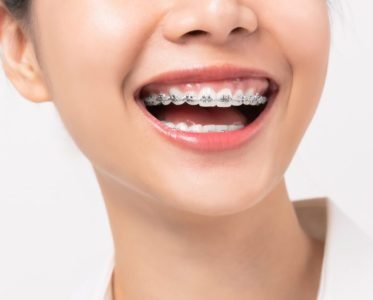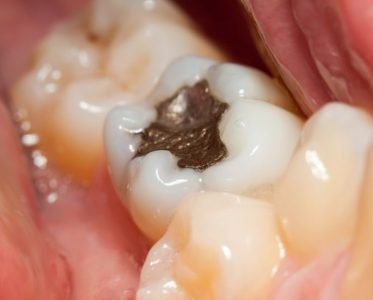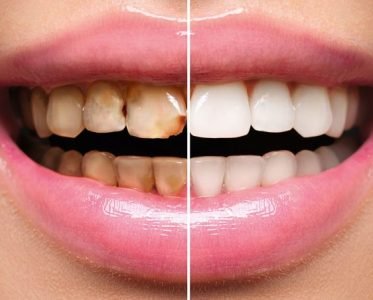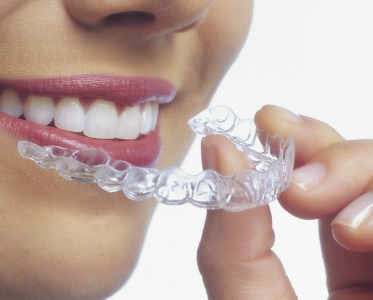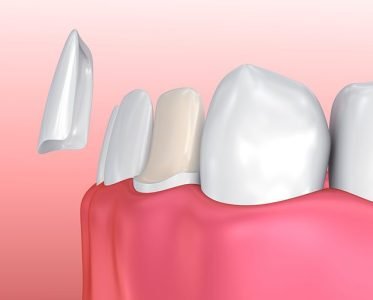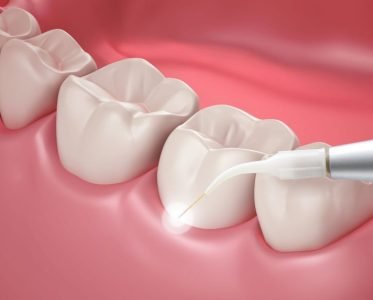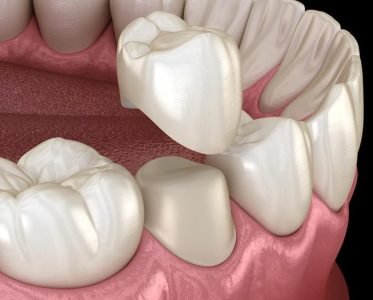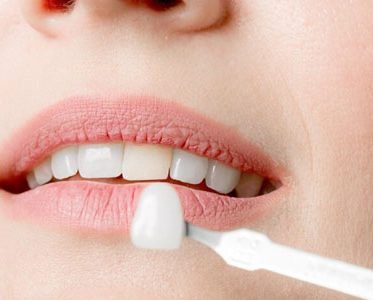Treatment for spider and varicose veins are not always necessary. You might not need treatment if your varicose veins are not bothering you.
Typically, varicose vein treatment is only necessary when :
Alleviate symptoms- If you are experiencing pain or discomfort due to varicose veins.
Treat problems – It treats leg ulcers, swollen areas, and skin discoloration.
Some people also receive treatment for cosmetic purposes. Still, since it rarely covers this type of care, you will typically need to pay for it to provide private treatment.
If treatment is required, your doctor could first advise taking care of yourself at home. It may involve
- Regular exercises
- Using compression stockings
- Avoiding standing up or sitting down for long periods
- Elevating the affected area when resting
What are the treatment options that help in removing varicose veins?
Many people ask us what are the treatment options for varicose veins are. The sort of treatment for your varicose veins will depend on your general health and the size, location, and severity of your veins if they require additional attention or are causing difficulties. Your best option for treatment will be suggested to you by a vascular specialist in a vein centre.
Suppose you don’t know what do vein centers do. In that case, You can get all the necessary treatments for varicose and spider veins in a vein clinic by an expert vein specialist.
Thermionic ablation
Endothermal ablation is frequently one of the initial therapies provided. It entails sealing the damaged veins using either laser or high-frequency radio waves (radiofrequency ablation).
Endovenous laser treatment.
Endovenous laser treatment entails inserting a catheter into your vein and utilizing an ultrasound scan to guide it into the ideal place. They use your catheter to insert a tiny laser, which they place at the top of your varicose vein. The laser’s brief energy bursts heat and seal the vein. The ultrasound scan guides the laser as it is progressively dragged along the vein, closing it along its entire length.
A local or general anesthetic may use during endovenous laser therapy. Your legs may feel a little tighter after the surgery, and the bruised and painful areas may remain. Nerve injury is also possible, but it’s usually temporary.
Ligation and stripping
The vein in the affected leg is tied off and then removed using a procedure known as “ligation and stripping.” There are two little incisions. The first one is around 5 cm in diameter and at the head of the varicose vein close to your groin. When they make a second, more minor cut, your leg is further down, typically around your knee. The vein’s apex, close to your groin, is tied off and sealed.
Through the lower cut in your leg, a small, flexible wire is inserted into the vein’s bottom and delicately drawn out for the removal. The operation won’t impact your legs’ blood flow, and this is due to the deep leg veins taking up the function of damaged veins.
Conclusion
We hope the above-given information helps you understand more about varicose vein treatment. The above article shows the various treatment options for varicose veins. For further informative details, please check out veintreatmentnj.com.




